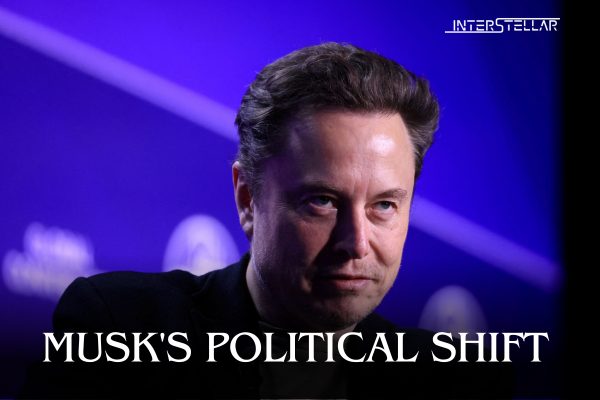Tesla and Government Subsidies: Elon Musk’s Complex Political Dance
Elon Musk, Tesla’s founder and CEO, recently endorsed Donald Trump for president, aligning himself with a candidate who has pledged to “drill, baby, drill,” oppose the electric vehicle (EV) mandate, and reduce subsidies for the EV industry. This endorsement is particularly striking given that Tesla, a company that Musk built into the US’s leading EV manufacturer, has significantly benefitted from government loans, tax breaks, and other EV-friendly policies often championed by the Democratic Party.
Despite Musk’s growing alignment with the Republican Party and his endorsement of Trump, Tesla continues to lobby for government support, much of which is rooted in Democratic policies. For example, in February, Tesla urged the Biden administration, via a filing with the US Environmental Protection Agency (EPA), to allow California to implement stricter vehicle emissions standards than the rest of the country—a policy that Trump has opposed. This is not the first time Tesla has pushed for regulations that would benefit the EV industry, even as Musk distances himself from the party traditionally backing such measures.
Tesla’s Continued Reliance on Government Support
Government assistance has played a crucial role in Tesla’s rapid growth. The company’s early success was bolstered by a $465 million loan from the US Department of Energy to develop its first major manufacturing facility in Fremont, California. This loan was repaid within three years, but Tesla’s reliance on government support has continued in other forms.
Since 2018, Tesla has earned nearly $9 billion by selling regulatory credits. These credits are awarded to manufacturers that exceed emissions standards, and Tesla has sold them to other carmakers, such as General Motors and Stellantis, who fail to meet these standards. The sale of these credits generated $890 million for Tesla in the last quarter alone, significantly boosting the company’s net income of $1.5 billion during that period.
Tesla’s lobbying efforts have consistently aimed to secure and expand such benefits. In a February filing with the US Department of the Treasury, the company argued that continued government support is essential to accelerate the transition away from fossil fuels and to protect public health. This stance aligns with Tesla’s business interests, as stricter emissions regulations increase the demand for regulatory credits, further enhancing Tesla’s financial position.
The Pragmatism Behind Musk’s Political Shifts
Elon Musk’s political positions have evolved significantly over the years, reflecting a mix of ideology and pragmatism. Although Musk has increasingly criticised government subsidies, he continues to support Tesla’s pursuit of them when advantageous. According to individuals familiar with Tesla’s operations, Musk’s approach to subsidies is pragmatic: he opposes government intervention in principle but is willing to accept public money when available.
Musk’s support for Trump appears to be part of a broader strategy that may prioritise long-term ambitions over immediate business interests. As Andrew Ward, a management professor at Lehigh University, noted, Musk’s interests extend beyond Tesla to sectors like artificial intelligence, space exploration, and neuroscience. This broader focus could explain why Musk might overlook policies that directly contradict the interests of Tesla in favour of aligning with a political figure like Trump, who could support his other ventures.
The Contradictions in Musk’s Environmental and Social Stances
Musk’s evolving political stance has also led to apparent contradictions in his views on environmental and social issues. For instance, Musk once criticised Trump for withdrawing from the Paris Agreement and expressed optimism about President Biden’s climate agenda. However, after Tesla was excluded from a 2021 White House gathering of EV makers, Musk’s support for Biden soured. By 2022, despite Tesla benefiting from the Inflation Reduction Act’s clean energy subsidies, Musk publicly criticised the legislation.
Tesla’s lobbying efforts have continued to push for stricter emissions standards, even as Musk downplays the urgency of climate change. For example, in a July 2023 filing with the EPA, Tesla called for an end to gasoline vehicle production by 2035 to address the climate crisis. Yet, Musk has stated on social media that while climate change is a long-term concern, its risks are overstated in the short term.
Musk’s stance on social issues has similarly shifted. In a 2022 filing with the California Air Resources Board, Tesla portrayed itself as a champion of diversity and inclusion. However, around the same time, Musk publicly rejected identity politics and criticised the Democratic Party for promoting division. His recent comments about Vice President Kamala Harris, whom he labelled a “communist,” further illustrate the dissonance between Tesla’s formal positions and Musk’s personal rhetoric.





